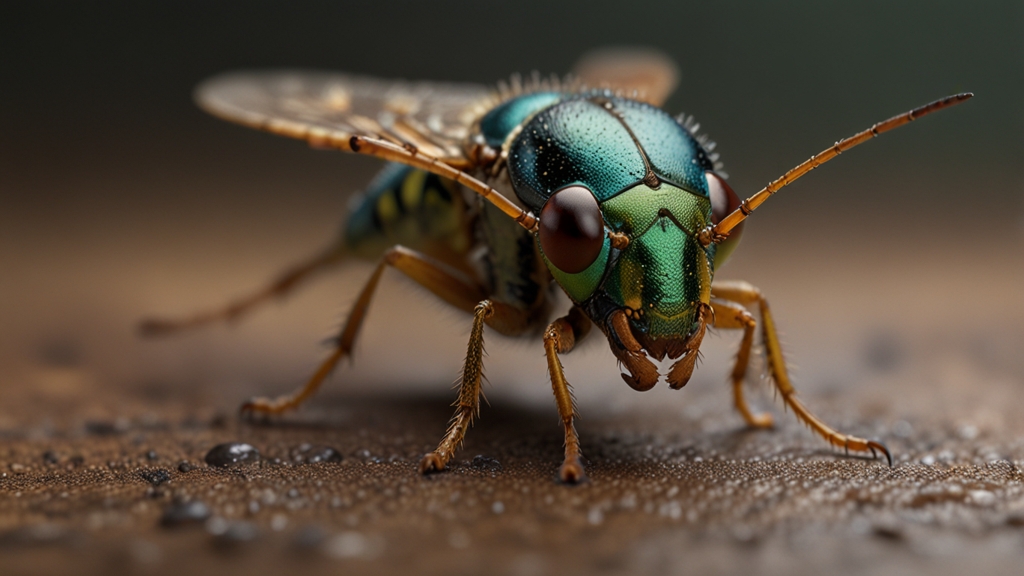Introduction
Marine biology has long fascinated scientists and the general public alike, with the vast, uncharted territories of the world's oceans holding secrets that captivate our imaginations. Recent breakthroughs in this field have vastly enhanced our knowledge of ocean life, revealing intricate ecosystems, previously unknown species, and complex biological interactions. These discoveries not only underscore the marvels of marine biodiversity but also emphasize the critical importance of preserving our oceans.
The Deep-Sea Frontier
The depths of the ocean, often called the final frontier, have been illuminated by advancements in deep-sea exploration technology. Remotely operated vehicles (ROVs) and autonomous underwater vehicles (AUVs) equipped with high-definition cameras and sensitive instruments have enabled scientists to delve deeper than ever before. These technologies have led to the discovery of new species, such as the elusive deep-sea giant squid and bioluminescent organisms that thrive in the darkness.
One of the most spectacular findings is the Yeti Crab, a creature with hairy claws discovered near hydrothermal vents in the South Pacific Ocean. Its unique appearance and adaptation to extreme environments highlight the incredible diversity of life in the ocean's depths.
Coral Reefs: Rainforests of the Sea
Coral reefs are often referred to as the rainforests of the sea due to their rich biodiversity. Recent studies using advanced imaging techniques and genetic analysis have unveiled the complex symbiotic relationships between coral and the microorganisms they host. These discoveries are crucial for understanding the resilience and susceptibility of coral reefs to climate change and other environmental stressors.
Efforts to restore and protect these vital ecosystems have gained momentum with the development of coral gardening and micro-fragmentation techniques. By growing and transplanting coral fragments, scientists are working to rehabilitate damaged reefs, offering hope for the future of these vibrant underwater communities.
Migratory Mysteries
The migratory patterns of marine animals, such as whales, sharks, and sea turtles, have long baffled researchers. Recent tagging and tracking technologies have provided unprecedented insights into these animals' long-distance journeys. Satellite tags and data loggers have revealed intricate migration routes, shedding light on the behavioral ecology and life cycles of these majestic creatures.
Understanding these migratory patterns is essential for conservation efforts, as it enables the identification of critical habitats and migration corridors that need protection from human activities like fishing and shipping.
Microbial Marvels
Marine microbiology is another burgeoning field that has transformed our understanding of ocean life. The application of metagenomics and other molecular techniques has unveiled the hidden world of marine microbes, which play a crucial role in global biogeochemical cycles. These microorganisms are responsible for processes such as nutrient recycling, carbon fixation, and the degradation of pollutants.
One remarkable discovery is the role of marine bacteria in producing natural antibiotics, which hold promise for developing new treatments against drug-resistant pathogens. The study of these microorganisms not only enhances our knowledge of marine ecosystems but also has profound implications for medicine and biotechnology.
Unexplored Marine Ecosystems
The exploration of undersea mountains, known as seamounts, and deep-sea hydrothermal vents has revealed ecosystems that were previously beyond our imagination. These environments support unique life forms that thrive under extreme conditions of pressure, temperature, and chemical composition.
Hydrothermal vents, for instance, are home to chemosynthetic organisms that derive energy from chemical reactions with seafloor minerals, rather than from sunlight. This discovery has revolutionized our understanding of life's adaptability and the potential for life on other planets.
The exploration of these extreme environments not only broadens our biological horizons but also underscores the interconnectedness of Earth's diverse ecosystems.
Conclusion
Marvels of marine biology continue to astound us, offering glimpses into the complexities and wonders of ocean life. As technology advances and our methodologies evolve, the ocean's secrets are slowly surfacing, guiding conservation efforts and enhancing our appreciation for this vast and vital component of our planet. These breakthroughs not only enrich our scientific knowledge but also underline the urgency of protecting our oceans for future generations.










